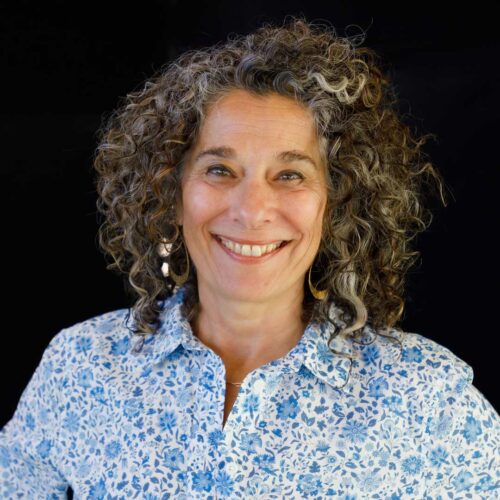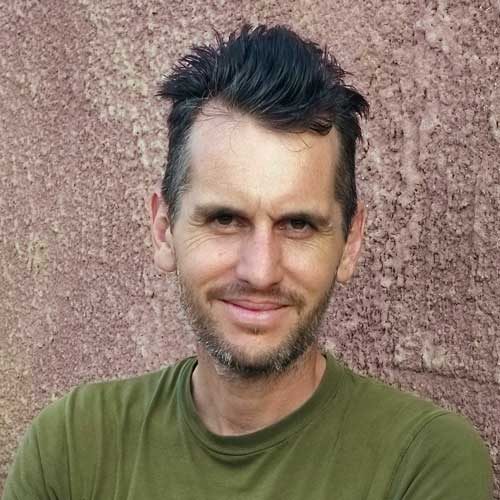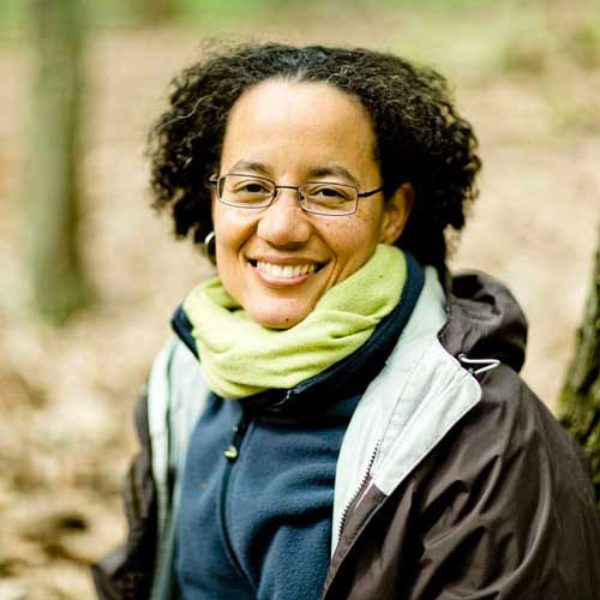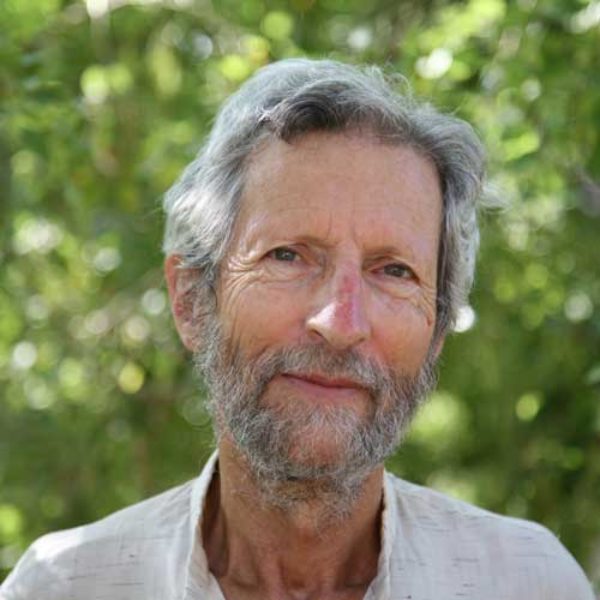“Who Am I?” is a fundamental question. You have to live the question, day in and day out. You cannot think through an answer.
The self (‘I’ and ‘my’) lands on objects, voluntarily or involuntarily. Primary objects of interest include forms, feelings, perceptions, formations of mind/speech/body and consciousness (mindfulness, awareness, concentration and meditation). The self also grasps onto people, places, goods etc. When ‘I’ and ‘my’ becomes involved in one or two areas to take up, it is not involved in other objects of interest. A whole life can be spent living under the spell of self – self-interest, self-help, self-enquiry, self-acceptance, self-compassion etc. The resolution to the deep question Who am I? never concludes with an answer starting with “I am…..” This response only expresses a view. There is a much greater depth to realize than that.








Discussion